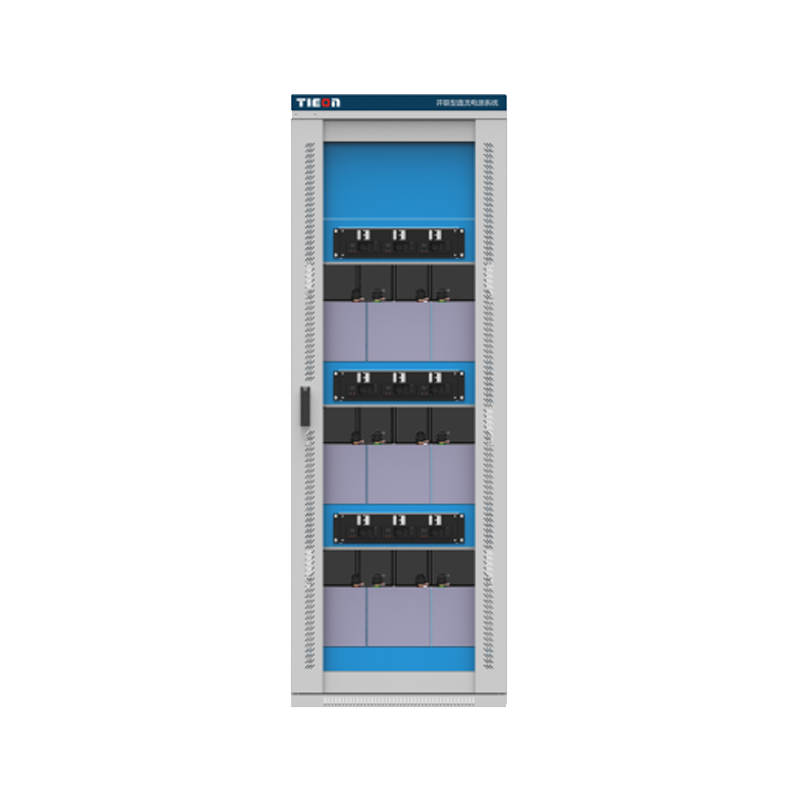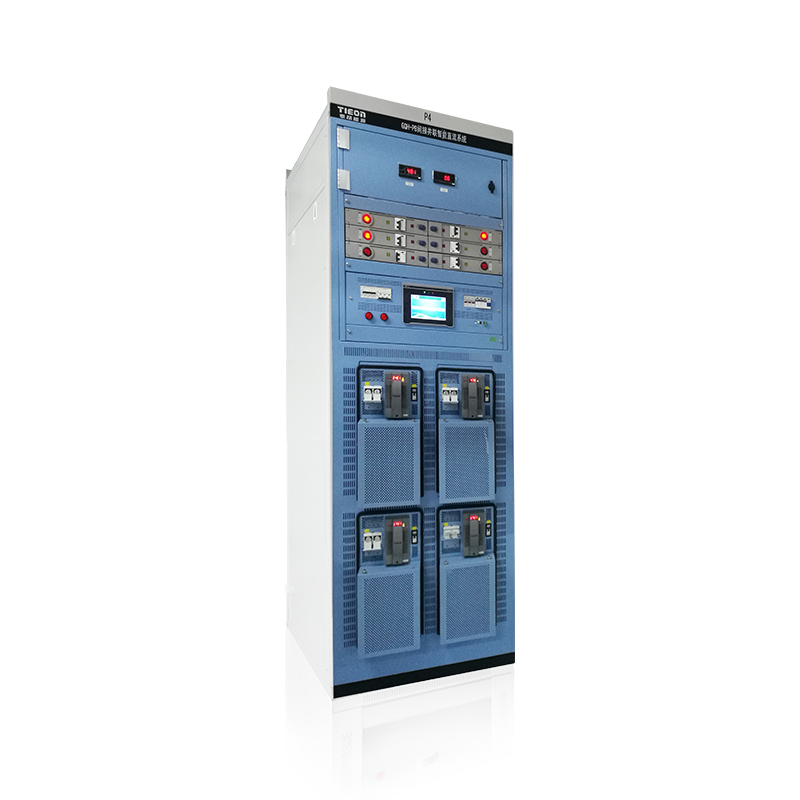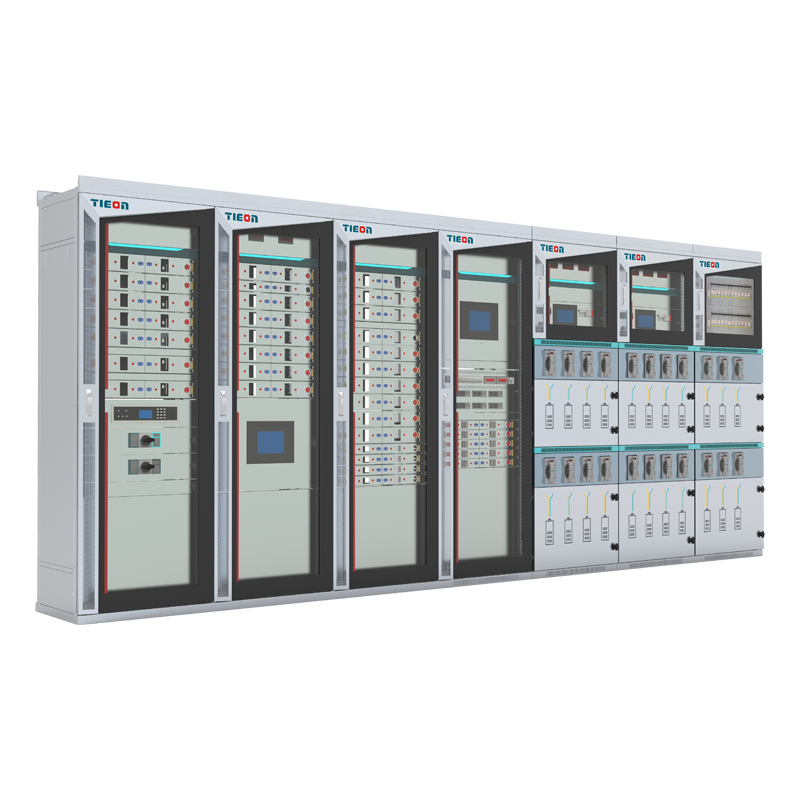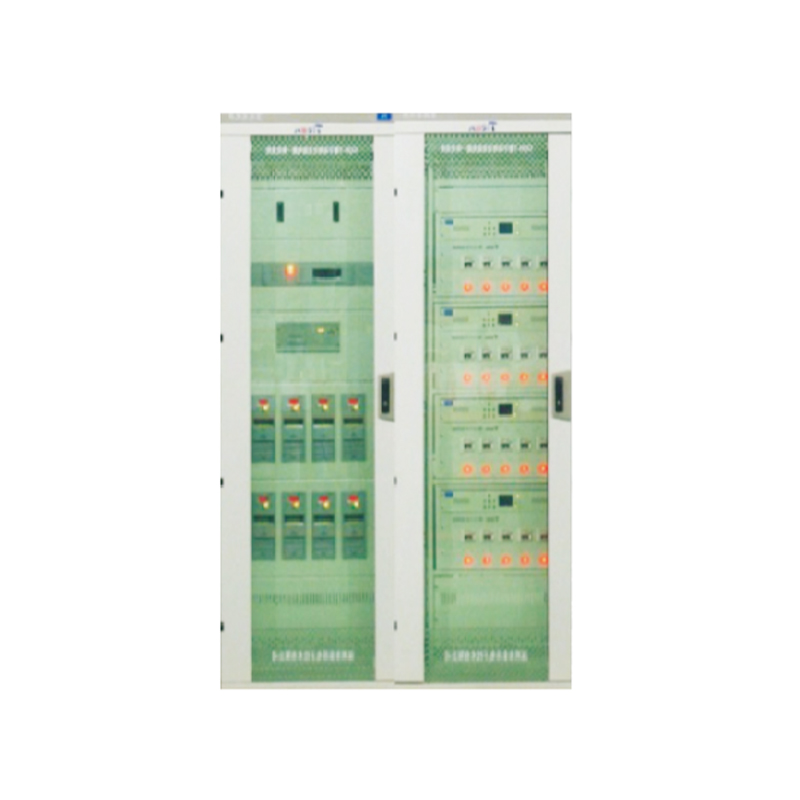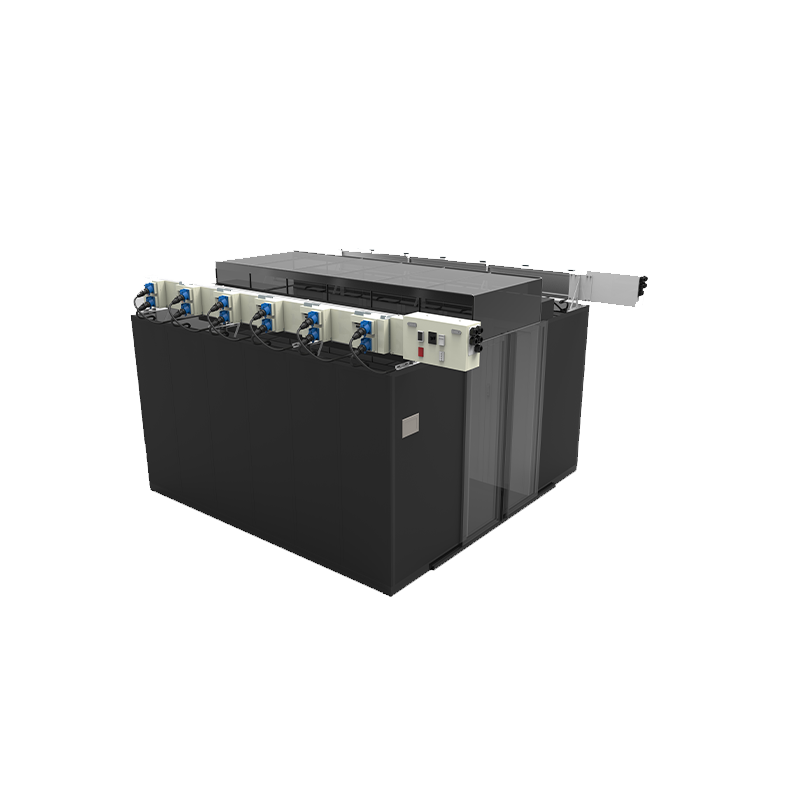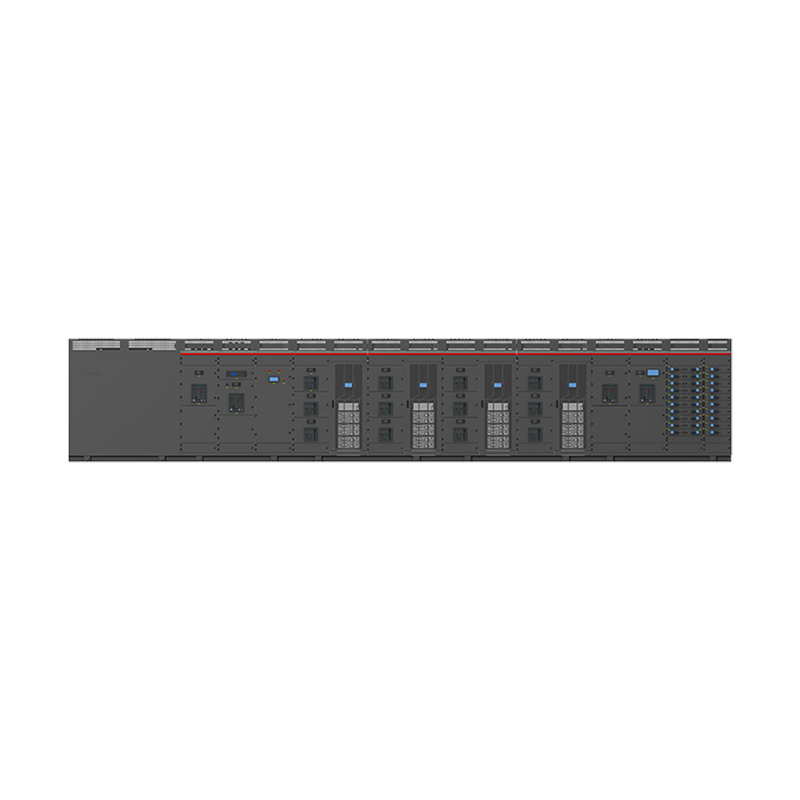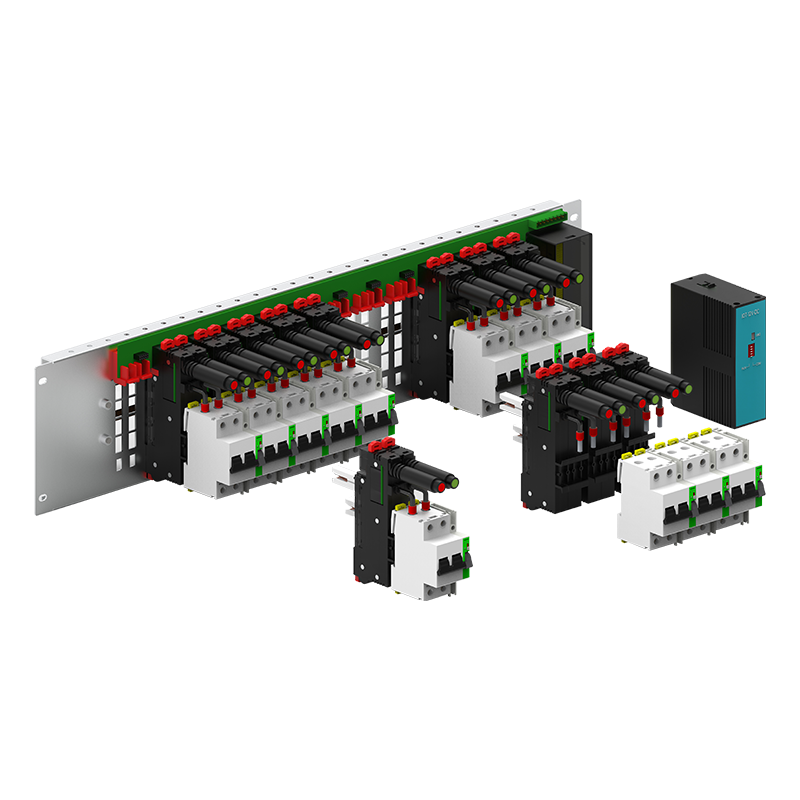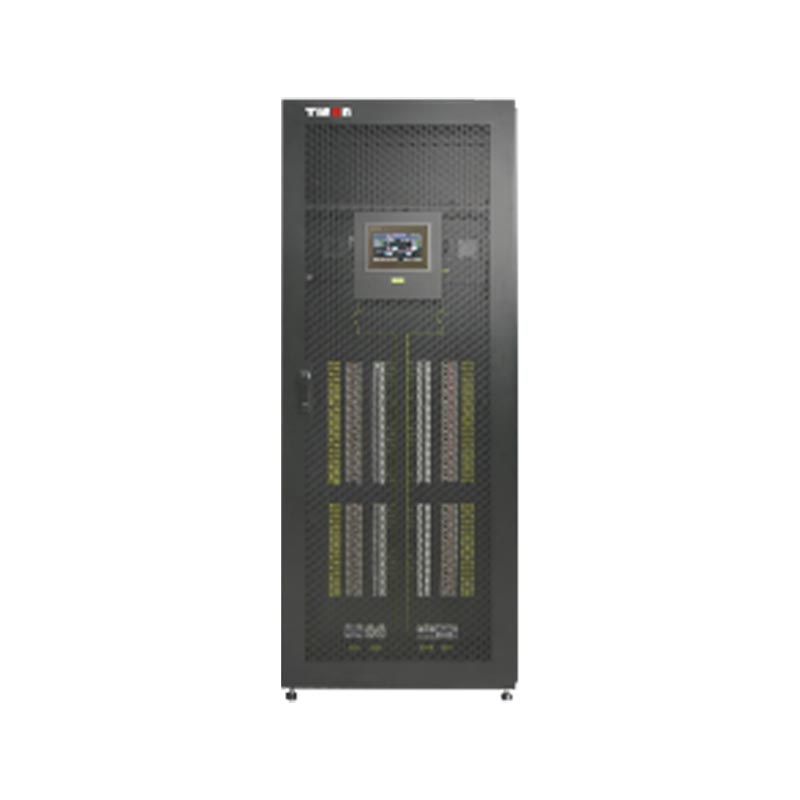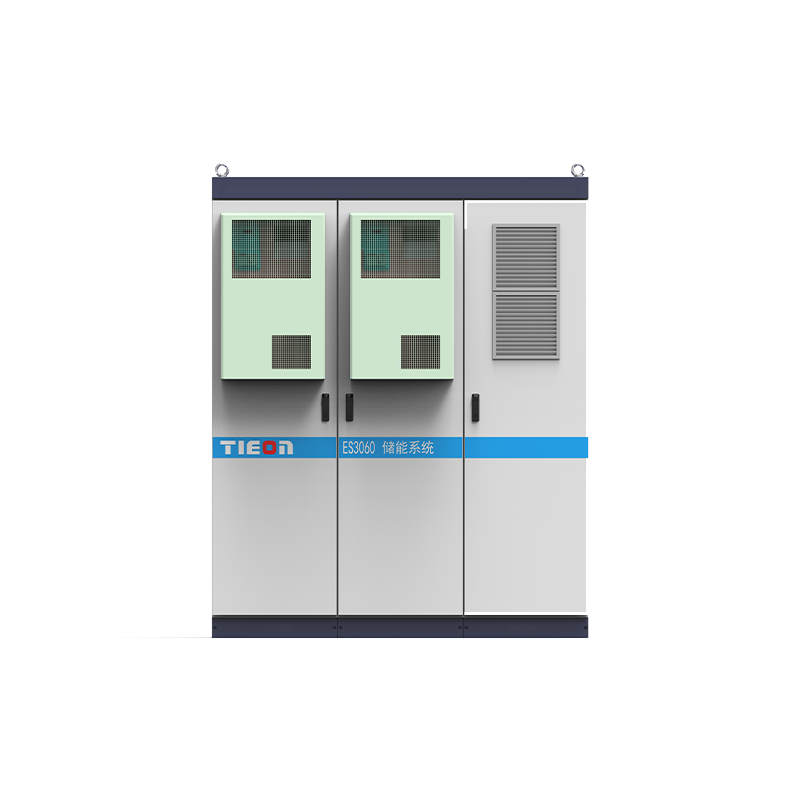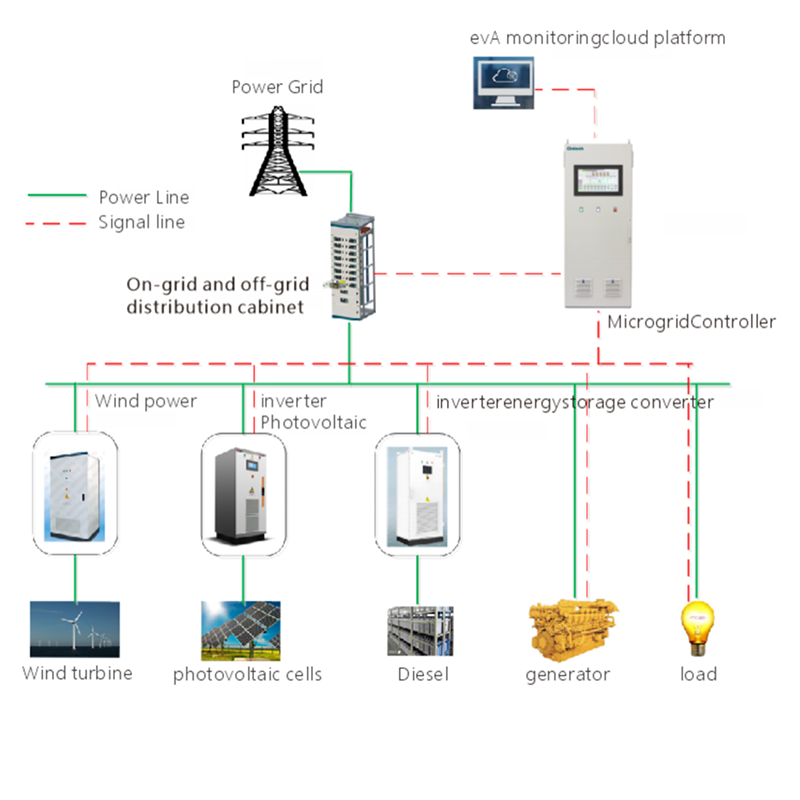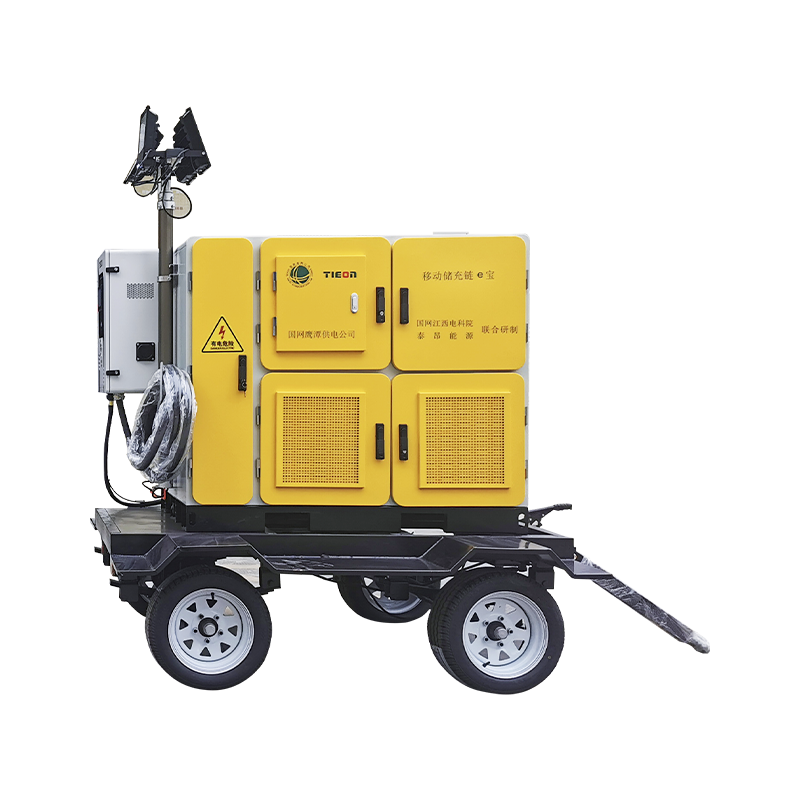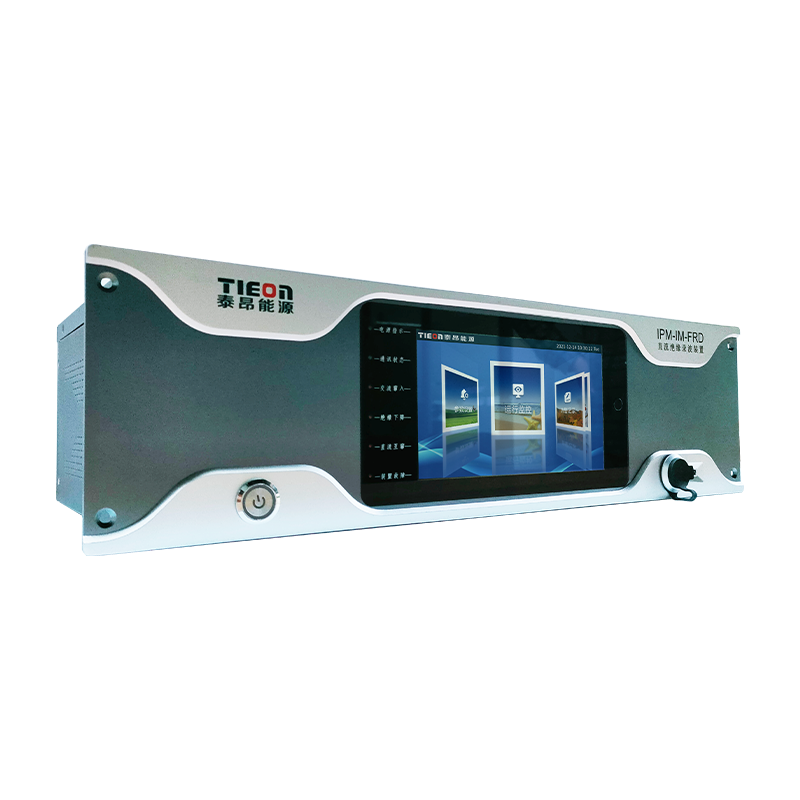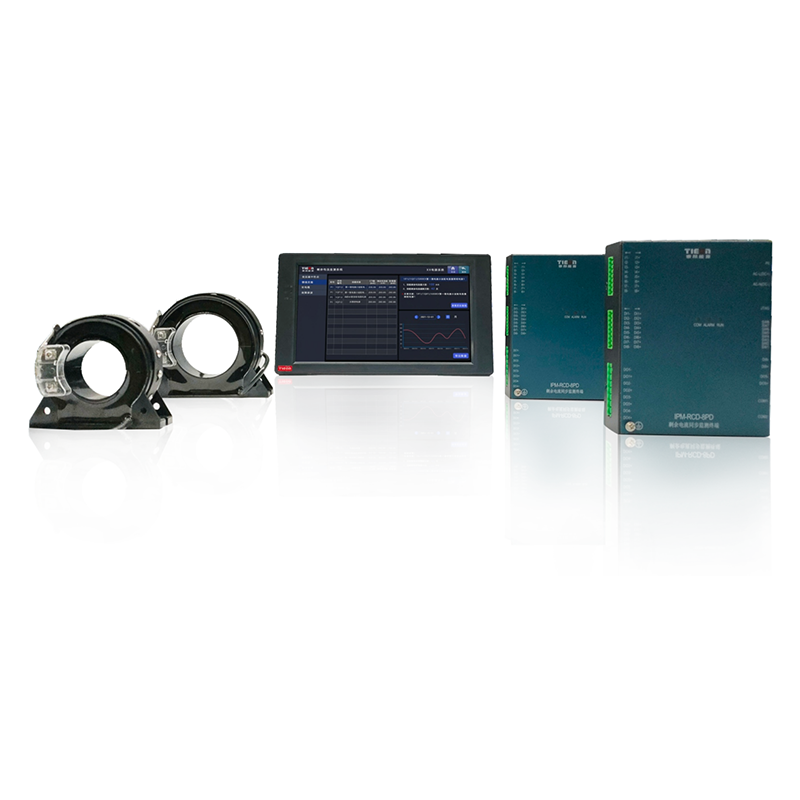What is a Portable Data Center?
A portable data center is a pre-configured, mobile, standalone facility that integrates computing, storage, networking, and cooling systems. It is designed to be rapidly deployed anywhere to provide full data center functionality. This type of solution is ideal for situations where quick access to robust IT infrastructure is needed, but building a permanent data center is not feasible. Portable data centers can support a wide range of applications, from disaster recovery and temporary events to remote operations and expanding existing data center capacities. Their flexibility and mobility make them an excellent choice for organizations requiring scalable, reliable, and quickly deployable IT infrastructure solutions.
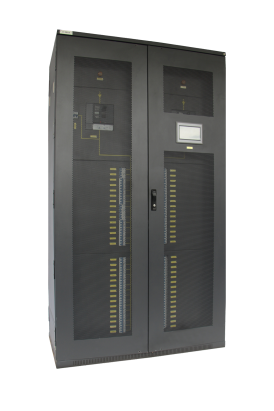
Key Features of a Portable Data Center
- Mobility and Rapid Deployment
One of the biggest advantages of a portable data center is its ability to be quickly deployed in different locations. Whether in remote areas, emergencies, or temporary project sites, organizations can easily set up and activate their IT infrastructure without requiring extensive construction or installation.
- Scalability and Flexibility
A portable data center can be customized and expanded based on an organization’s specific needs. Businesses can add or remove storage capacity, processing power, or network resources depending on their operational requirements, making these data centers highly flexible for changing workloads.
- Energy Efficiency and Cost Savings
Compared to traditional data centers, portable data centers often come with built-in energy-efficient cooling systems and power management solutions. Since they are designed for optimized airflow and temperature control, they reduce energy consumption, resulting in lower operational costs.
- Security and Reliability
Security is a major concern for any data center. Portable units are designed with physical and cybersecurity protections, including reinforced exteriors, fire suppression systems, biometric access controls, and encrypted communication networks. These features ensure the safety of sensitive data even in challenging environments.
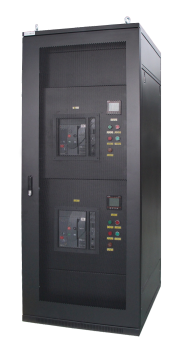
Application Scenarios for Portable Data Centers
1. Temporary Needs
Portable data centers are ideal for large events, temporary projects, or emergencies where immediate IT infrastructure is required. They can be quickly set up to support high-demand computing and storage needs without the need for permanent installation.
2. Remote Areas
In regions where fixed data centers are not available, portable data centers offer a practical solution. These areas might include remote research stations, mining operations, or rural communities that require reliable IT infrastructure but lack the necessary facilities.
3. Disaster Recovery
After natural disasters or system failures, portable data centers can rapidly restore critical data services. Their quick deployment capability ensures that businesses and organizations can resume operations with minimal downtime, minimizing the impact of disruptions.
4. Military Use
Portable data centers are well-suited for military applications, such as battlefield deployments or mobile command centers. They provide secure, reliable, and scalable IT infrastructure in challenging environments, supporting mission-critical communications and operations.
5. Enterprise Expansion
When existing data center capacity is insufficient, portable data centers can provide temporary support. This allows businesses to scale their IT infrastructure as needed without the immediate cost and time commitment of building new facilities. It’s particularly useful during peak periods or when planning for long-term expansion.
Conclusion
A portable data center is a flexible, rapidly deployable solution ideal for temporary, remote, or special environments. It offers high flexibility and cost-effectiveness by providing robust IT infrastructure wherever needed without the need for permanent installations. These data centers can support a wide range of applications, from large events and remote operations to disaster recovery and enterprise expansion.
However, they come with certain challenges, particularly in terms of physical security and maintenance. Ensuring the physical safety of the equipment in various environments and performing regular maintenance can be more complex compared to traditional, fixed data centers. Despite these challenges, portable data centers remain an invaluable tool for organizations requiring scalable and quickly deployable IT infrastructure solutions.

